by Michael Haskew
When the Triple Alliance was concluded between Germany, Austria-Hungary, and Italy in the spring of 1882, Italy was, like Germany, a young nation recently unified after years of military conflicts and occupation by various European powers. Like those of other European nations, the government of Italian King Umberto I favored colonial expansion, particularly in North and East Africa, where Italy had established colonies in Eritrea and Somalia by the 1880s.
[text_ad]
In 1881, France colonized Tunisia on the Mediterranean coast, thwarting an opportunity for Italy to further expand. The resulting concern that the French might continue to exert influence in North Africa prompted discussions with Germany, an old adversary of France. In concluding an understanding with Germany, the Italians reasoned that they would have a freer hand in North Africa while availing themselves of a powerful ally in the event of war with the French. An agreement between the Britain and France that the countries would share the defense of the English Channel, allowing the French Navy to deploy more of its assets to the Mediterranean, heightened Italian concerns about French intentions.
Relations with Austria-Hungary
Along with the benefits of joining the Triple Alliance, Italy was obliged to accept obligations to Austria-Hungary, a German ally but also the principal impediment to Italian unification. Italy and Austria had fought one another on numerous occasions during the 19th century. The two countries had actually gone to war three times in the 35 years preceding the formation of the Triple Alliance, and Austria-Hungary still occupied territory that many Italians believed was rightfully their own.
Nevertheless, Italy entered into the Triple Alliance, pledging to remain neutral if Austria-Hungary went to war with Imperial Russia, its formidable rival to the east, over the Balkans. Germany and Austria-Hungary, in turn, agreed to come to Italy’s aid in the event that the country was attacked by France – as long as Italy was not perceived as the instigator of the conflict. Italy made a tenuous commitment to assist Germany if that country went to war with France. When the Triple Alliance was renewed in 1887, German Chancellor Otto von Bismarck pressured Austria-Hungary into further agreeing to consult with Italy regarding any future plans to acquire territory in the Balkans or expand along the coast of the Adriatic and Aegean Seas. Italy also received continuing assurances of German support as it sought to expand its colonial empire in Africa.
The Alliance’s “Junior Partner”
In retrospect, it does appear that Italy was sometimes considered a “junior partner” in the Triple Alliance. Germany and Austria-Hungary shared strong cultural and economic ties, and the Italians were always suspicious of the Austro-Hungarians, their former enemies. Therefore, in November 1902, Italy negotiated an understanding with France that each nation would actually remain neutral if the other were attacked.
Although the Triple Alliance was renewed in 1907 and again in 1912, Italy appears to never fully have committed to its terms. With the outbreak of World War I, the Triple Alliance dissolved. The Italians were forced to decide whether to go to war on the side of Germany and Austria-Hungary. Reasoning that the Triple Alliance was a defensive agreement and that its treaty partners had assumed an offensive posture with Austria-Hungary’s declaration of war against Serbia, Italy initially declined to go to war. In May 1915, however, encouraged by the possibility of territorial gains that might be made with the defeat of Austria-Hungary, Italy joined the Allied cause, siding with Britain and France.
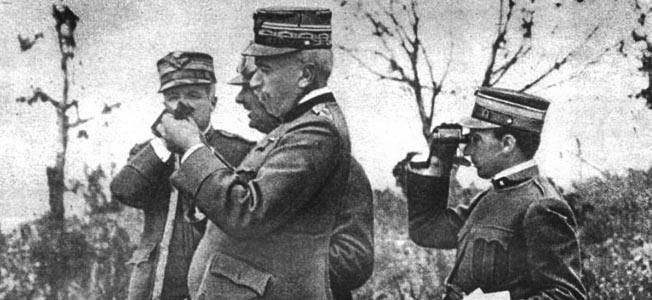
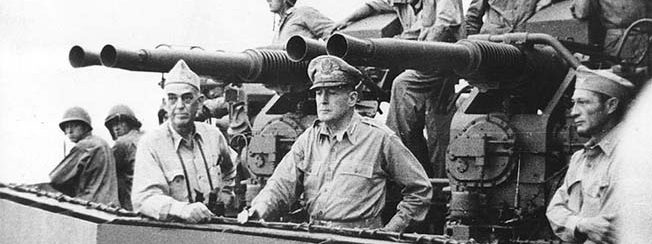
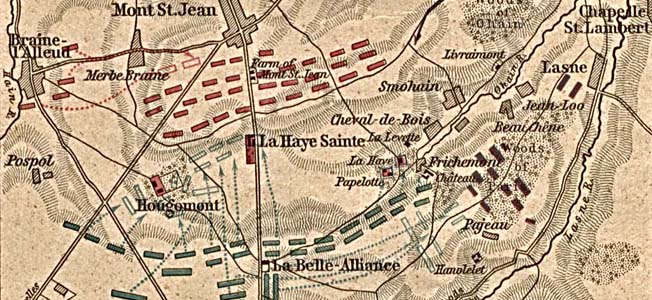


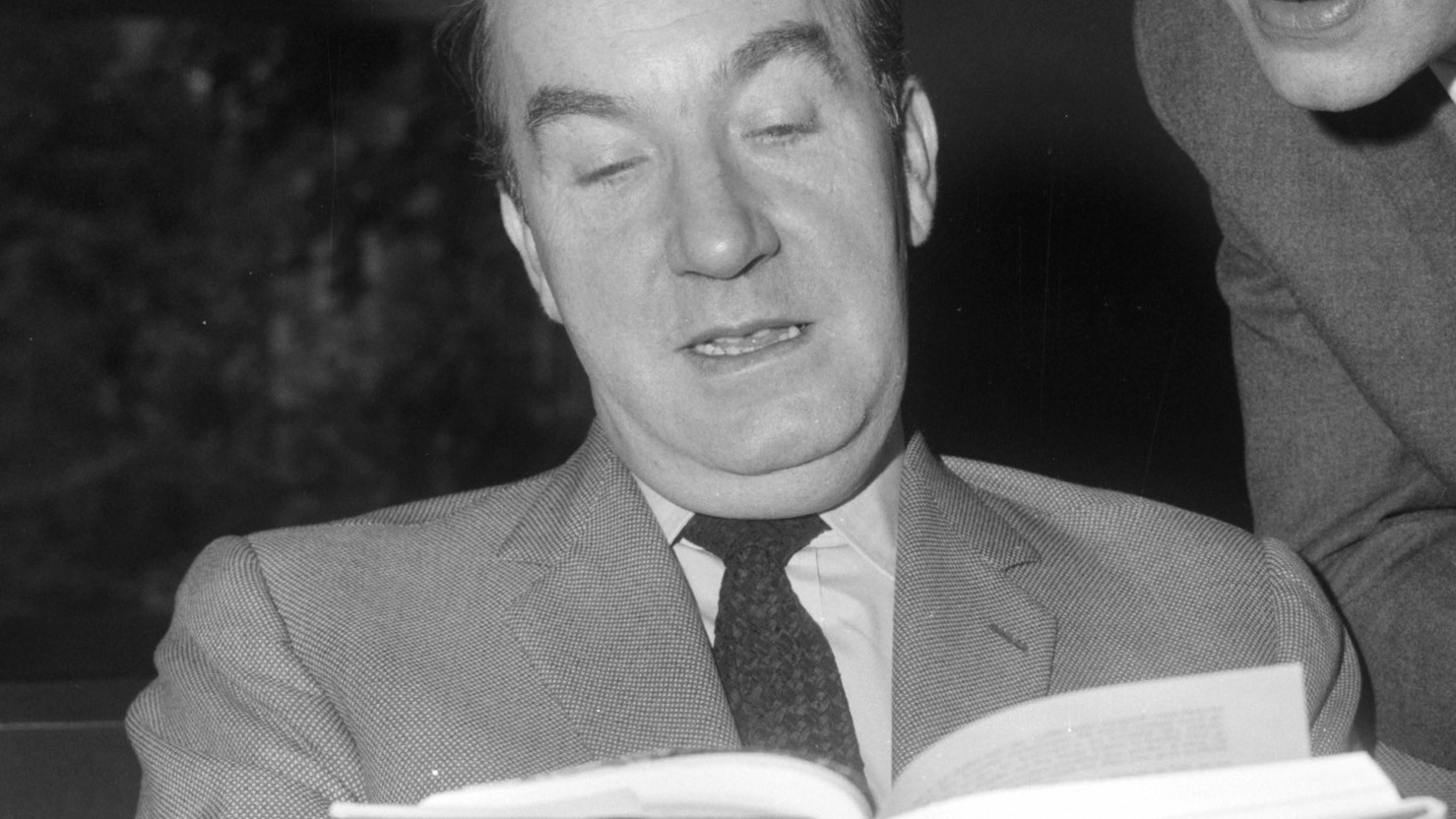


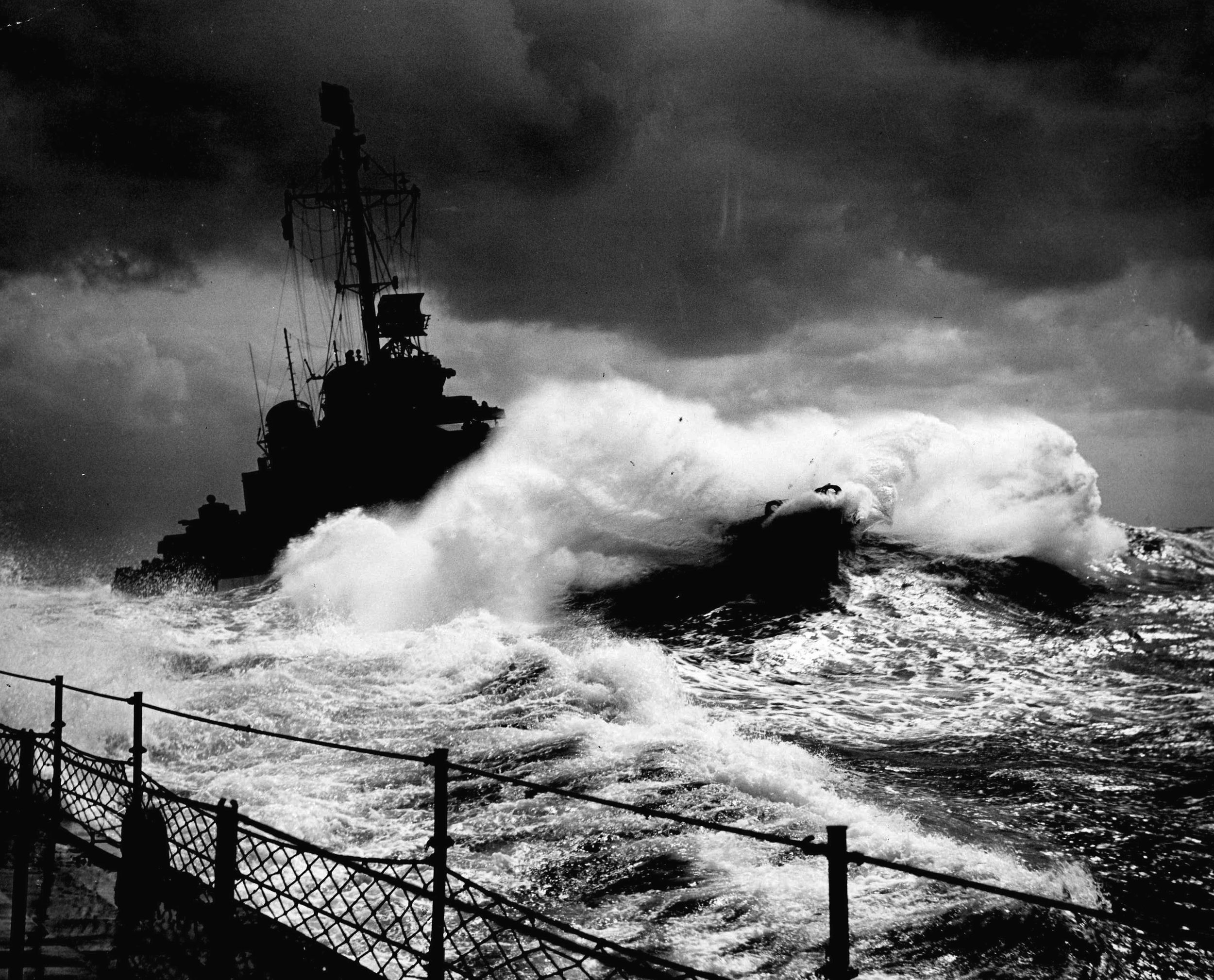
Join The Conversation
Comments
View All Comments